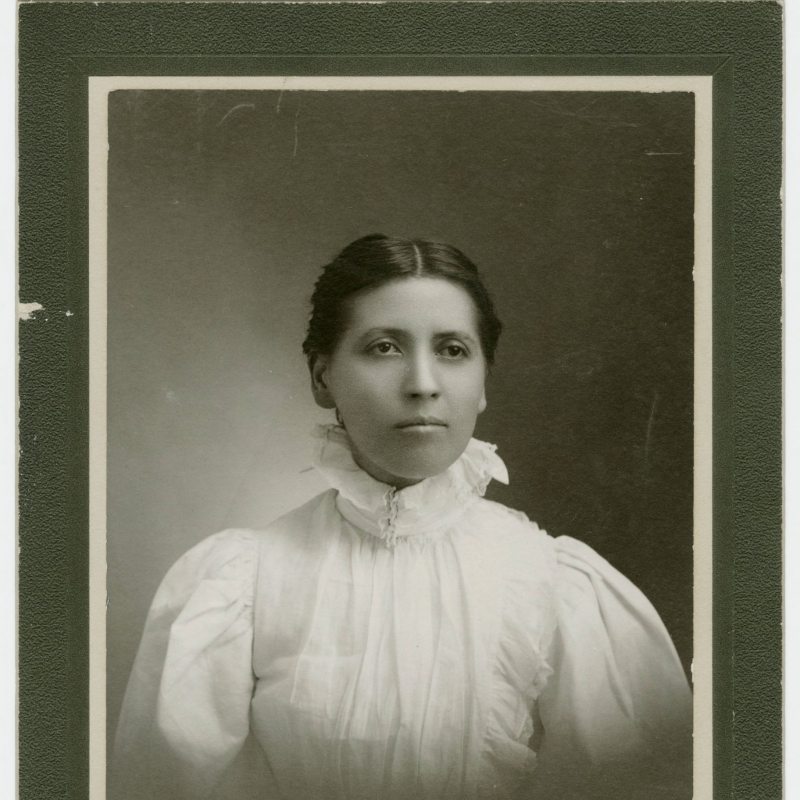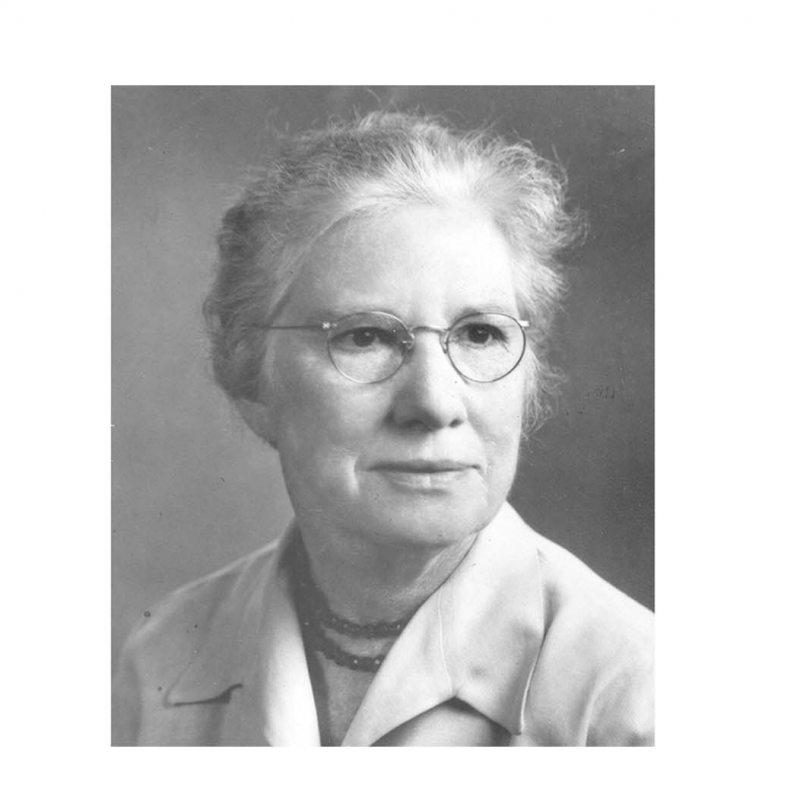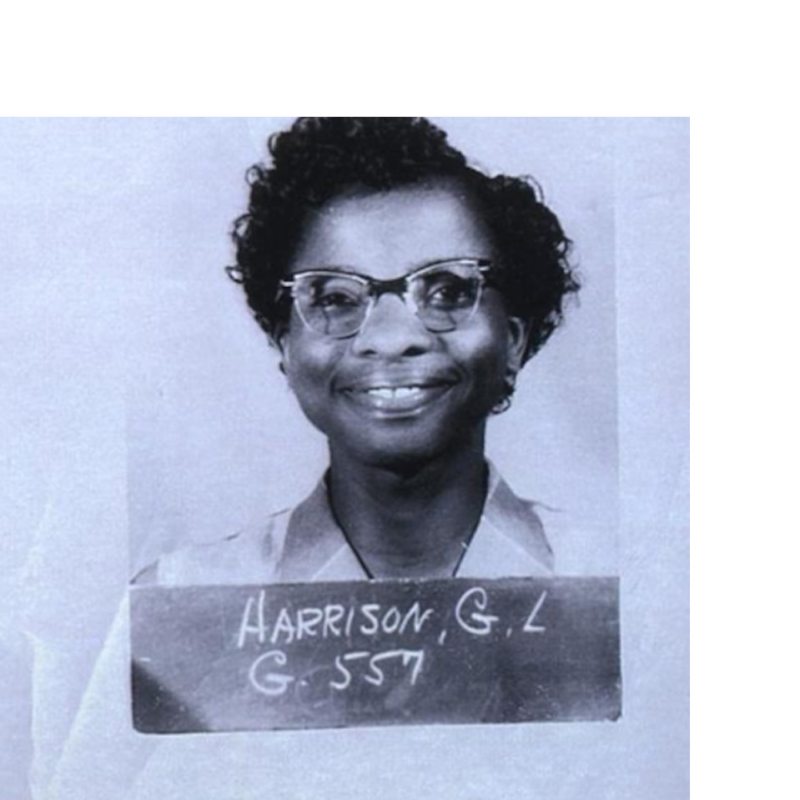Decades later, memories of Flower Ladies live on
Social media is connecting a new generation to the African American florists once central to Franklin Street.
More than half of the Tar Heels enrolled at UNC-Chapel Hill today are women, but that hasn’t always been the case.
It wasn’t until 1877 that women first began enrolling at the University for summer sessions. Another two decades passed before Sallie Walker Stockard became the first woman to receive a degree from Carolina.
Click on a photo to learn more about a historic Tar Heel, and keep scrolling to take a closer look at how women’s history has progressed at Carolina.
In 1897, the board of trustees opened the University’s doors to women for postgraduate studies. Mary McRae, Lulie Watkins, Cecye Roanne Dodd, Dixie Lee Bryant and Sallie Walker Stockard were the first to be accepted for postgraduate studies. Stockard was the only one of the group to graduate, and she became the first woman to earn a degree from Carolina when she graduated in 1898, though she was excluded from all ceremonies, including the actual presentation of degrees and class pictures.

As more and more women began enrolling at Carolina in the early 1900s, leadership roles slowly began to be filled by people who reflected the student body. The University hired its first female faculty member in 1927 when Sallie Marks was named an assistant professor of education.
In 1942, Susan Grey Akers became the first woman dean at UNC-Chapel Hill when she was appointed to serve as the dean of the School of Information and Library Science, then called the School of Library Science.

When Gwendolyn Harrison Smith applied and was accepted to Carolina in 1951 as a doctoral student in Spanish, she had already earned a bachelor’s degree in history from Spelman College, a master’s degree in Spanish from the University of California and was a professor at Johnson C. Smith University in Charlotte.
University officials did not realize she was Black when she applied and told her she would not be allowed to live in the dorm or register for classes at Carolina. After Smith filed a federal lawsuit, Harrison became the first Black woman to study at Carolina.

Generations of women at UNC-Chapel Hill have made way for current students, faculty, staff and alumnae to make a mark on the world.
Today, women continue to lead and succeed at Carolina. In May, we will welcome back our Tar Heel astronaut, Zena Cardman, to speak at Spring Commencement. Current students and alumnae make a difference with their research, and Tar Heels excel in everything from the arts and IT to athletics.
Click on a story below to see how Tar Heels continue the tradition of excellence set by generations of women before them.
Social media is connecting a new generation to the African American florists once central to Franklin Street.
With a new director, location and mission, the organization wants to support more Tar Heel women.
The associate professor of history documented the rise of the National Organization for Women in her 2023 book.
Jan-Benedict Steenkamp’s new book shows how these “gritty women” bent the arc of history.
In crafting Procter & Gamble’s Olay brand, the MBA graduate ensures the industry is more representative.
The National Women’s Soccer League’s first overall draft pick studies remotely while training with the Utah Royals.
Fulfilling her plan to support student leaders honors the legacy of the slain student body president.
Mariana Alcaraz, a child of Mexican immigrants, wants to work with Hispanic patients.
Dorothy Espelage of the School of Education pioneered school-based bullying studies that have led to prevention programs.